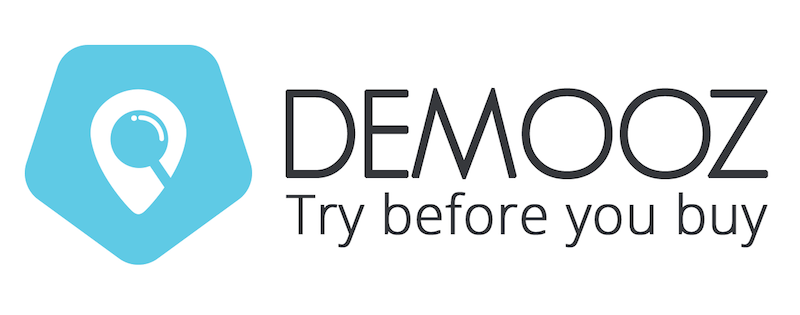Bas Grasmayer takes a look at a new generation of startups allowing musicians to create and play music without owning their instruments.
For years, the discussion of moving beyond ownership has been dominating music business conferences and blogs. Gone are the CD collections, and downloads are in decline, steadily being replaced by streaming. Yet, the trend extends beyond the way we consume music, beyond the ownership vs. access debate. We have previously written about how the on-demand economy‘s immediacy generates new business opportunities in music. Now, a new generation of startups has arrived that lets musicians jam without having to own their instruments.
Most music instruments spend the majority of their time unplayed. They have this in common with our cars, which spend most of their time parked. While transportation has thousands of technologists working to realize self-driving cars in the near future, it’s unlikely we’ll ever see a self-driving guitar.
Peerby, a social lending platform from The Netherlands, aims to change this. Not just for guitars, but for all things. The typical use case is more simple: you need a specific tool or kitchen utensil, but you don’t own it. Most people would ask a friend on Facebook, post a status update, wait a little, and with no success, they just purchase it on Amazon. Peerby offers an alternative solution: it lets you search your neighbourhood to see if any neighbours have this item available. This way, dormant value that lies inside communities gets shared.
If you make music, you likely have a piece of hardware or two collecting dust. Perhaps you moved on after using it for a while. Maybe that video product demo was all too convincing, but when you bought the hardware, it turned out the learning curve was a bit too steep for you.
To tackle buyer’s remorse, Demooz, a startup from France, lets people borrow digital equipment from other people with the express goal of giving it a go before they buy it. Headphones make up one of the most popular categories on their site, which can be hard to try before you buy as audio specialist shops are transitioning to online-only.
Grover, from Berlin, has a different take on the problem. They let users rent products straight from them. Instead of buying your electronics, you rent them. They see a trend where young people – the majority of their audience is under 30 – care less about collecting stuff, and more about collecting experiences.
Renting music equipment is nothing new, but the usual model is that you rent by the day. Grover lets you rent equipment for a month at a time, as long as you want, paying 10% of the price to purchase the product. This way it’s much easier, and more affordable, to complete a project without having to buy the equipment. When you’re done, they take it back and refurbish it, so that it’s good as new for the next user.
Recently, Grover entered into partnership with a popular online store with gear and equipment for DJs and producers. Besides the buy button, people can now also select a rent button, which means Grover will rent out the equipment to the customer, and will purchase the equipment if they don’t already have it in stock.
They hope that ultimately, their approach has a positive impact on the environment: by being able to rent things, people won’t need to buy one for themselves. This means a lower number of each piece of hardware needs to be produced. This could also reduce waste: it’s estimated that we produce about 50 metric tonnes of so-called “e-waste” globally each year, of which only 15% gets recycled.
Gerrard Street, a startup from The Netherlands, has a different approach to saving the environment: instead of selling headphones, they rent them out. Headphones as a Service. The headphones are modular, so if a part breaks, they can send you a new part and you can send the old one back. Their most recent numbers cite 700 subscribers and in the last year they made 300 repairs.
We’re steadily moving towards a world in which ownership is considered inconvenient. A common thread with these services is that they generally offer great insurance, and even fix broken stuff for you. This goes beyond the standard warranty normally included when you buy products, but why even buy a product if you’re not sure you’re going to be using it longer than a few months? This is the case for a lot of music equipment, so it’s quite imaginable that at least some equipment will be rented.
But what if you want to make it your own? Of the aforementioned services, Grover seems aware that this may occur, so part of the fee people spend on renting equipment, is converted on special points which can then be used to actually acquire that piece of gear you want to own. The promise of self-driving cars is to make transport a lot more affordable, which should make the idea of using shared cars, instead of having your own private one, more attractive. It remains a big question whether musicians will ever be able to forego the special relation that goes with owning your guitar, but… perhaps the pedals, amplifier, and metronome?
Don’t forget to subscribe to our Synchtank Weekly newsletter to receive all of our blog posts via email, plus key industry news, and details of our podcast episodes and free webinars.
